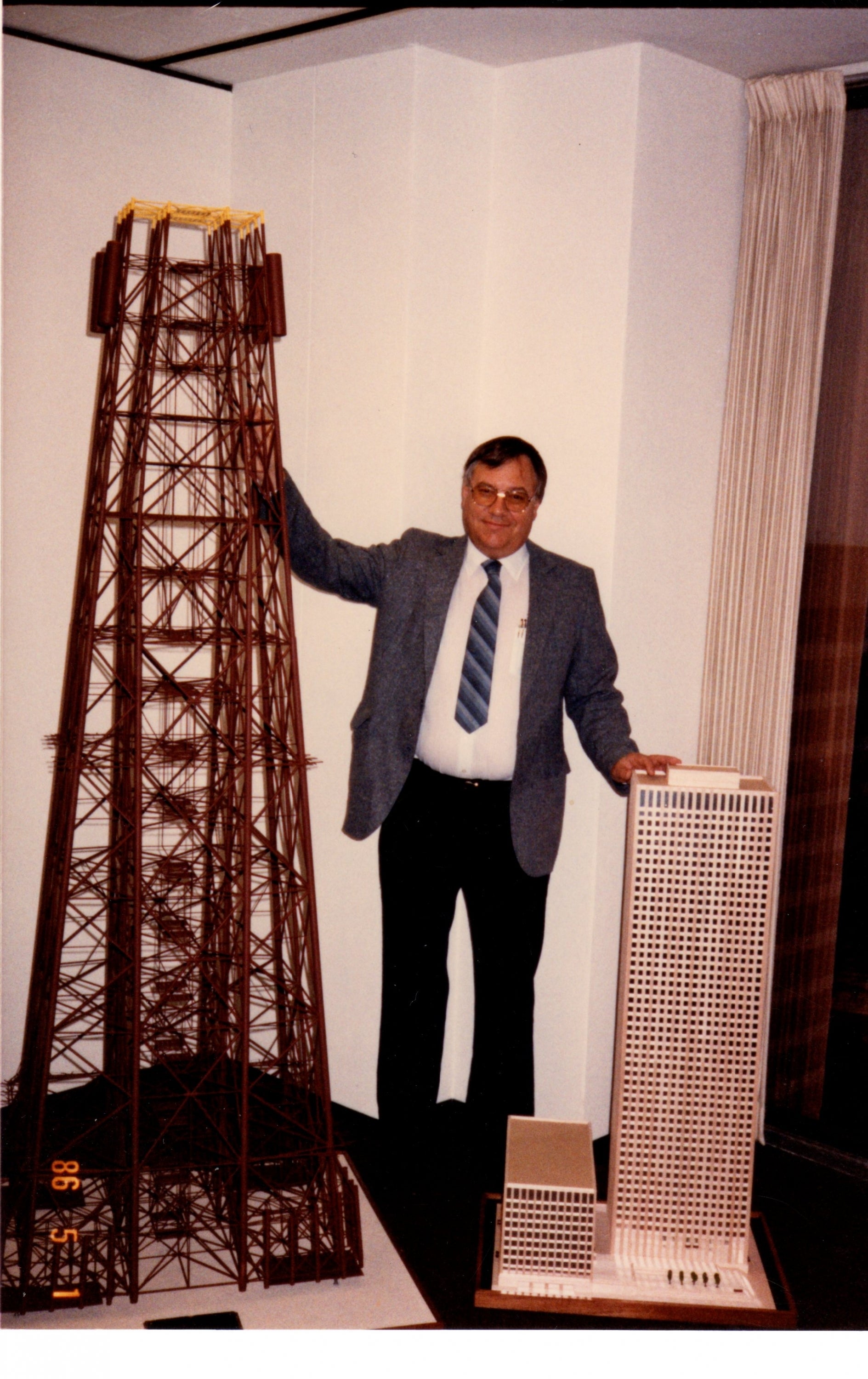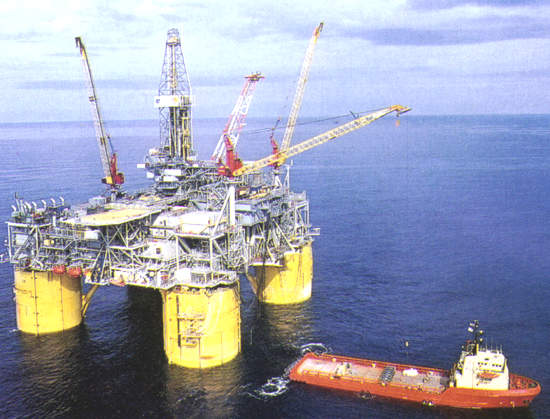
Written by Gordon Sterling (BASc '63)
I was born on a farm in Northern Ontario in 1938. After graduating from high school at the age of eighteen, I taught public school for a year (yes, that was done in Ontario in the mid-50s), worked as a laboratory technician in a chromium plant for a year, and saved enough money to register in a very new co-operative engineering degree program at UWaterloo .
The deal was to study, and study hard for three months, then work in the industry for three months at jobs arranged through the placement office. A report on what was done and what was learned during the work session was required and was graded. During the work sessions I worked as a hard rock miner, a construction surveyor and inspector, a draftsman, and a research assistant. I graduated with a Bachelor of Applied Science in Civil Engineering in 1963, and with the encouragement of Professors Lind and Sherburne, went on to receive a Masters in Civil Engineering from Lehigh University in 1965.
Beginning in 1965, Shell Oil employed me for 35 years in the area of offshore oil and gas development, where I worked extensively in systems research, design, construction, installation, and project and program management. It was a pioneering time in the offshore industry. At that time, the deepest water production platforms were in a couple of hundred feet of water, so I was fortunate to become involved in many new and different engineering and project challenges in deeper and deeper water.
By the mid-80s, I was the Design Supervisor on two of the deepest oil and gas fixed platforms ever installed. As Manager of Shell Offshore Deepwater Projects in the 1990’s, I was involved with outstanding teams, setting many water depth records for floating platforms and subsea systems installed in the Gulf of Mexico, in 3000 to 4000 feet of water. Three of the projects received the coveted American Society of Civil Engineers (ASCE) Outstanding Civil Engineering Achievement Award.

All of this occurred because a friend in 1958 told me about a new program at Waterloo College, where one could study for three months, work for three months, and get a degree in Engineering in five years. That opportunity opened many doors for many of us Ontario farm kids. Like many of my friends from those early years, I was the first person in my family to go to university, and a whole new world opened up. (For those who are interested in how UWaterloo came to be, I recommend the book, "Of Mud and Dreams".)
I have fond memories of UWaterloo and the early days. I graduated in a Civil Engineering class of seventeen, when the University had barely a thousand (more or less) students. While this award as an industry pioneer is very satisfying to me, I consider being a part of the Cooperative Education “pioneering” effort led by President Hagey, Dean Wright and Mr. Barber at the placement office as the beginning of many good things in my life.